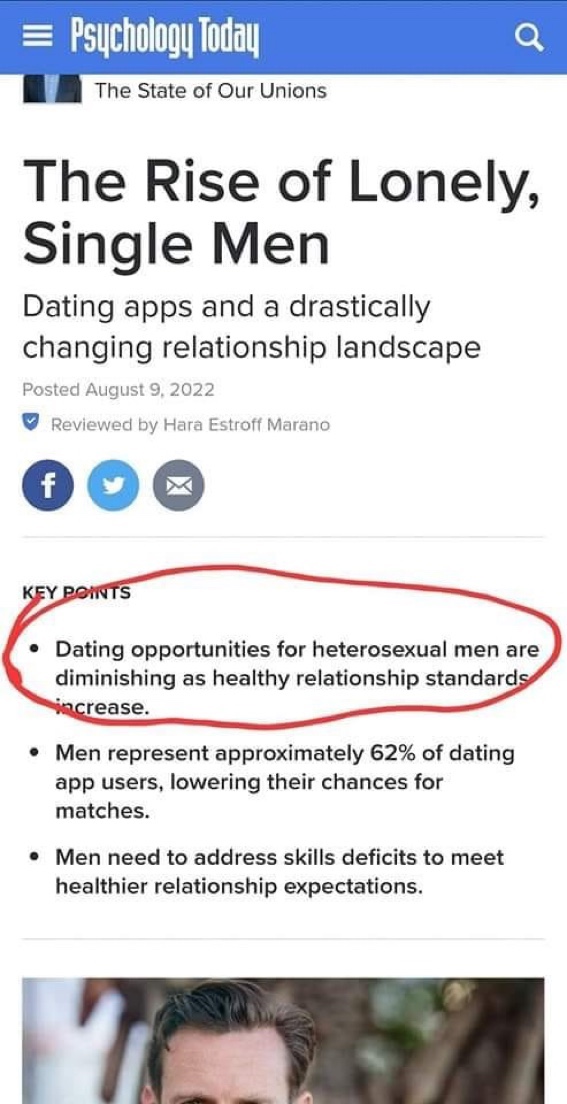We say we want accountable politicians but then we punish them when they hold firm positions. Principled politicians are begging ravages right now. Of course, they reward our fickleness with their own. It makes political discourse a conduit for performing accountability instead of doing it.
If a politician cannot hold a viewpoint or position that you disagree with but still holds your generation support, we’ve stopped having a civic body and instead developed into rabid fandoms. And we wonder why the leading lights of both parties only pay respects to their most radical members. Everyone gets abandoned in that situation. Your only options are bad ones.
I say this because I think it is time we started endorsing politicians for who they are as people, even if their policy positions might not align with yours. Trusting someone because they have demonstrated good faith is a social good. We should strive to be accountable to each other even in total opposition. That’s the only way anyone will ever build systems in which any of us are free. Otherwise it’s coercion anyway you slice it. And what’s fucked up is you probably know it but are ready to argue me on the technicals.
We have to expect others to have principles in order have them respect our own. That’s always been the fundamentally libertarian platform. That others have the freedom to hold firm in their own version of the good life and we should have our good life respected as well. Live and let live.
If just coercing someone to your side is enough for you, if mere compulsion is an adequate civilizational goal, then by all means reconsider if you are American. It’s an imperfect union.
Me having a line means that you can have a line too. Our respect for boundaries is what allows us to interact as adults capable of ring responsible for our own actions. Maybe it’s not ways to our advantage. But having a line means you can be trusted. And being trust worthy is safety.
